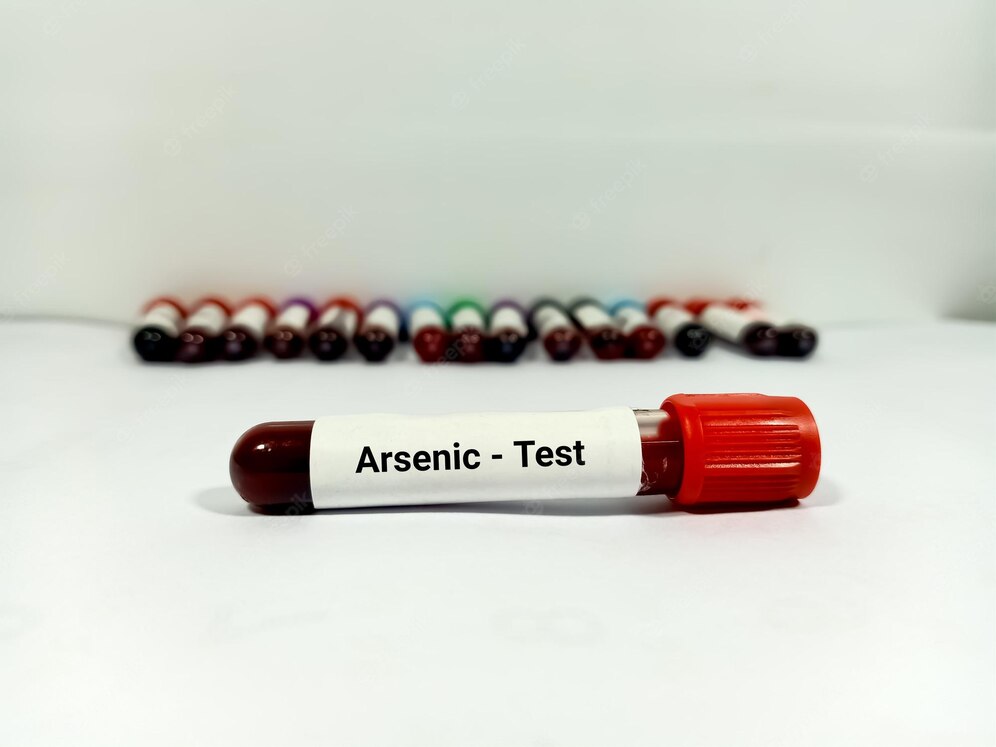Prevent Cancer: Test Your Tap Water for Arsenic

Testing your tap water for arsenic is an important part of cancer prevention. Arsenic is a naturally occurring element that can be found in groundwater and surface water. Long-term exposure to high levels of arsenic in drinking water can increase the risk of several types of cancer, including skin, lung, and bladder cancer. Here are some ways to test your tap water for arsenic:
- Contact your water supplier: Your local water supplier is required by law to provide an annual report on the quality of your drinking water, including levels of arsenic. Contact your water supplier to obtain this report and check the levels of arsenic in your tap water.
- Test kits: Arsenic test kits are available for purchase online and at some home improvement stores. These kits typically involve collecting a water sample and sending it to a laboratory for analysis.
- Professional testing: You can hire a professional to test your tap water for arsenic. The professional will use specialized equipment to measure levels of arsenic and provide you with a report.
- Follow-up testing: If you receive a high arsenic reading from a test, it’s important to follow up with additional testing to confirm the results and determine if remediation is necessary.
- Mitigation: If your tap water has high levels of arsenic, mitigation measures can be taken to reduce exposure. This may involve installing a home water treatment system or using an alternative water source.
By testing your tap water for arsenic and taking steps to mitigate high levels, you can help reduce your risk of cancer. Talk to your healthcare provider about recommended testing practices based on your individual needs and health status.
